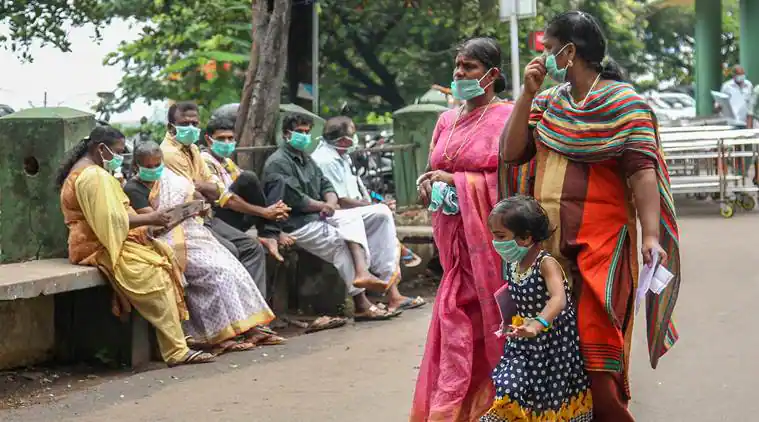Nipah Virus Outbreak Prompts Restrictions in India's Kerala State
In response to the recent deaths of two individuals due to the Nipah virus, authorities in the southern state of Kerala, India, have implemented restrictions on public gatherings and temporarily closed certain schools. The Nipah virus, which can be transmitted by bats or pigs, induces severe symptoms, including high fever,

In response to the recent deaths of two individuals due to the Nipah virus, authorities in the southern state of Kerala, India, have implemented restrictions on public gatherings and temporarily closed certain schools. The Nipah virus, which can be transmitted by bats or pigs, induces severe symptoms, including high fever, vomiting, respiratory infections, seizures, and potentially fatal encephalitis. In extreme cases, those infected can lapse into a coma.
The World Health Organisation (WHO) has revealed that the virus has a mortality rate fluctuating between 40% and 75%. Notably, there currently exists no vaccine to combat the virus. In addition to the two fatalities, three other individuals in India have been confirmed to carry the virus. Health officials are closely monitoring over 700 people, including 153 health professionals, who have been in contact with the infected individuals.
Among the closely observed individuals, at least four have been admitted to hospitals, with one being the child of one of the deceased. While the Nipah virus can initially spread from animals like fruit bats and pigs, human-to-human transmission has also been documented, as per the WHO. The virus manifests its symptoms anywhere between four to 14 days post-infection, although some cases have presented symptoms as late as 45 days.
Kerala witnessed a similar Nipah outbreak in 2018, resulting in 17 fatalities. The virus was first recognized in 1998 in Malaysia, affecting pig farmers. India's initial encounter with the virus was in West Bengal in 2001. Emphasizing its potential threat, the WHO categorizes Nipah among its priority diseases due to its epidemic capabilities and the current lack of adequate countermeasures.




